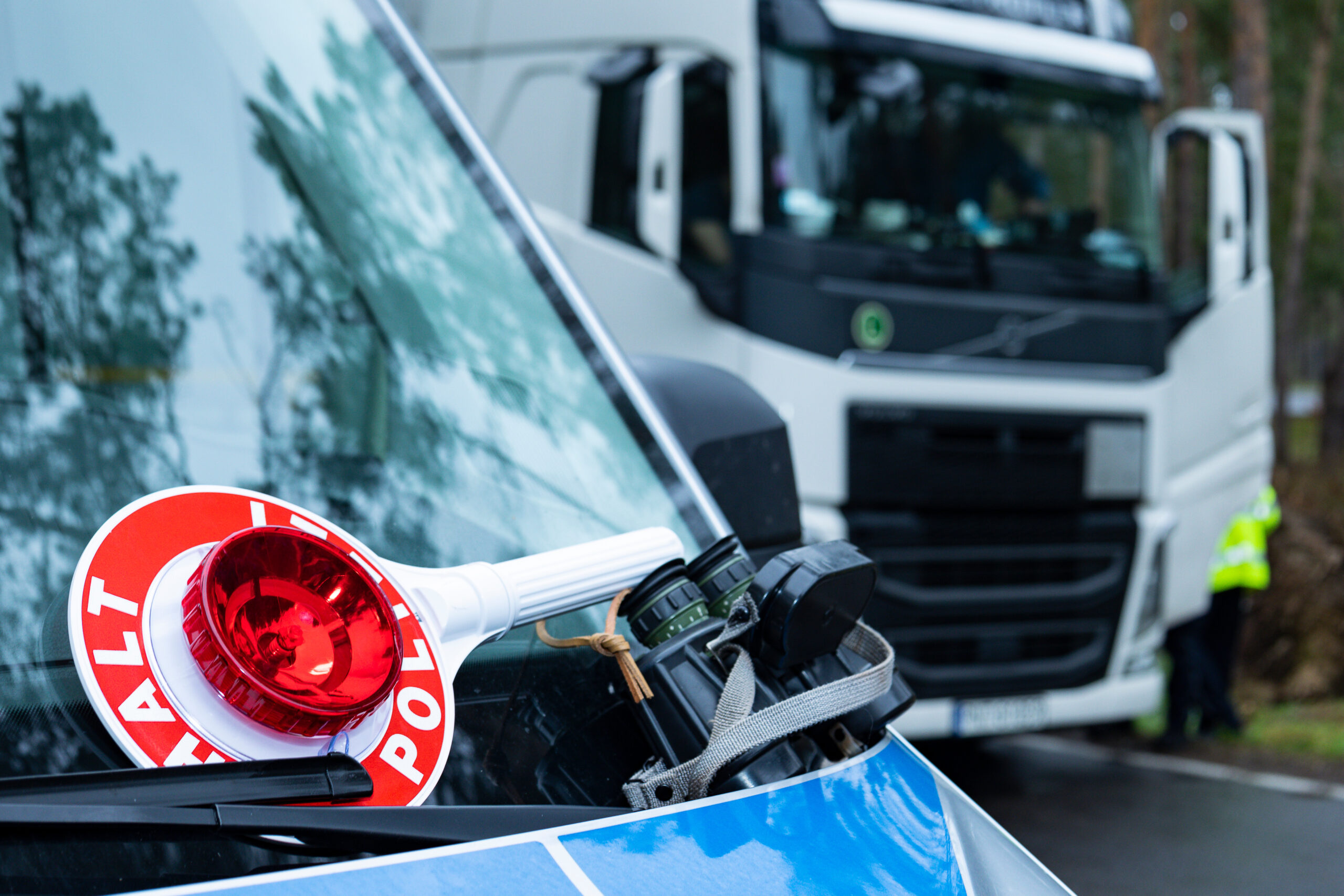The upcoming European RoadPol operation ‘Truck&Bus’ is scheduled to run from November 6th to November 12th, 2023. This initiative is a part of ROADPOL’s multiple approach to traffic law enforcement, aimed at tackling the illegal operations of commercial heavy goods vehicles and buses, all in the pursuit of enhancing road safety and fighting road-related crimes.
OBJECTIVE OF ROADPOL OPERATION 'TRUCK&BUS'
The core objective of the Roadpol operation ‘Truck&Bus’ is to conduct thorough inspections and checks on commercial heavy goods vehicles and buses at roadside locations. These inspections are carried out by dedicated Traffic Police Officers, in collaboration with other pertinent enforcement agencies, following an accurately coordinated, large-scale, multi-agency approach in all Europe.
The operation occurs quarterly throughout the year, spanning a full week, across all European member countries of ROADPOL. This extensive cooperation allows for the optimized allocation of resources, enabling the simultaneous inspection of a substantial number of vehicles and drivers at roadside checkpoints.
ROADPOL has acknowledged that road safety concerns regarding coaches and buses in Europe can be enhanced through a pan-European roadside inspection operation that focuses on these vehicles. In recent years, Europe has witnessed numerous serious and fatal road accidents involving coaches and tour buses, many of which are engaged in extensive international journeys across multiple European countries
Commercial pressures exerted on drivers and operators in the bus and coach industry can sometimes lead to the unlawful operation of these vehicles, particularly during peak holiday traffic periods. This, in turn, can have devastating consequences for the safety of passengers inside the vehicles and other road users.
HOW CAN COMPANIES PREPARE?
It’s no secret that many violations occur because drivers or operators overlook essential tasks, such as checking the expiration dates of documents or assessing the vehicle’s technical condition. Sometimes, these infringements could be easily avoided by addressing necessary administrative requirements at the company level and ensuring that everyone is vigilant in double-checking common issues before commencing any transport operation.
THE MOST COMMON ISSUES AND INFRACTIONS DETECTED DURING THESE COMPREHENSIVE INSPECTIONS INCLUDE:
- Lack of Valid Documentation: Drivers often fail to present valid and up-to-date documents such as driving licenses, work permits, drivers’ attestations, insurance papers, transport licenses, etc.
- Cabotage Violations: Cabotage rules are frequently breached, with the absence of proper CMR documentation as proof of international transport before engaging in cabotage operations or with expired terms.
- Vehicle Maintenance and Condition: Technical shortcomings of vehicles, such as malfunctioning devices, faulty lamps, worn-out tires, overextended vehicle dimensions, are very commonly identified.
- Load Security: Problems with the secure loading and fastening of goods, including issues with weight distribution and missing securing items to prevent goods from shifting during transport (e.g., lashing, air cushions, non-slip carpets).
- Overloaded Vehicles: Vehicles exceeding legally permissible weight limits are also frequently encountered.
- Hours of Work and Regulatory Compliance: Cases of non-compliance with driving and rest time regulations, as well as other relevant transport regulations.
- Illegal Labor Practices: Incidents of illegal work activities or actions are uncovered during inspections.
- Dangerous driving: drivers are found to be under the influence of intoxicating substances.
The ‘Truck&Bus’ operation underscores the critical importance of road safety, the responsible operation of commercial heavy goods vehicles, and the need for rigorous enforcement to minimize risks and uphold traffic laws. Nevertheless, by addressing these common issues, companies can avoid numerous penalties resulting from irresponsible acts or negligence. We highly recommend periodically reminding drivers and transport managers to assess the situation for the aforementioned problems. This proactive approach will help ensure inspections are carried out without incurring penalties.
















